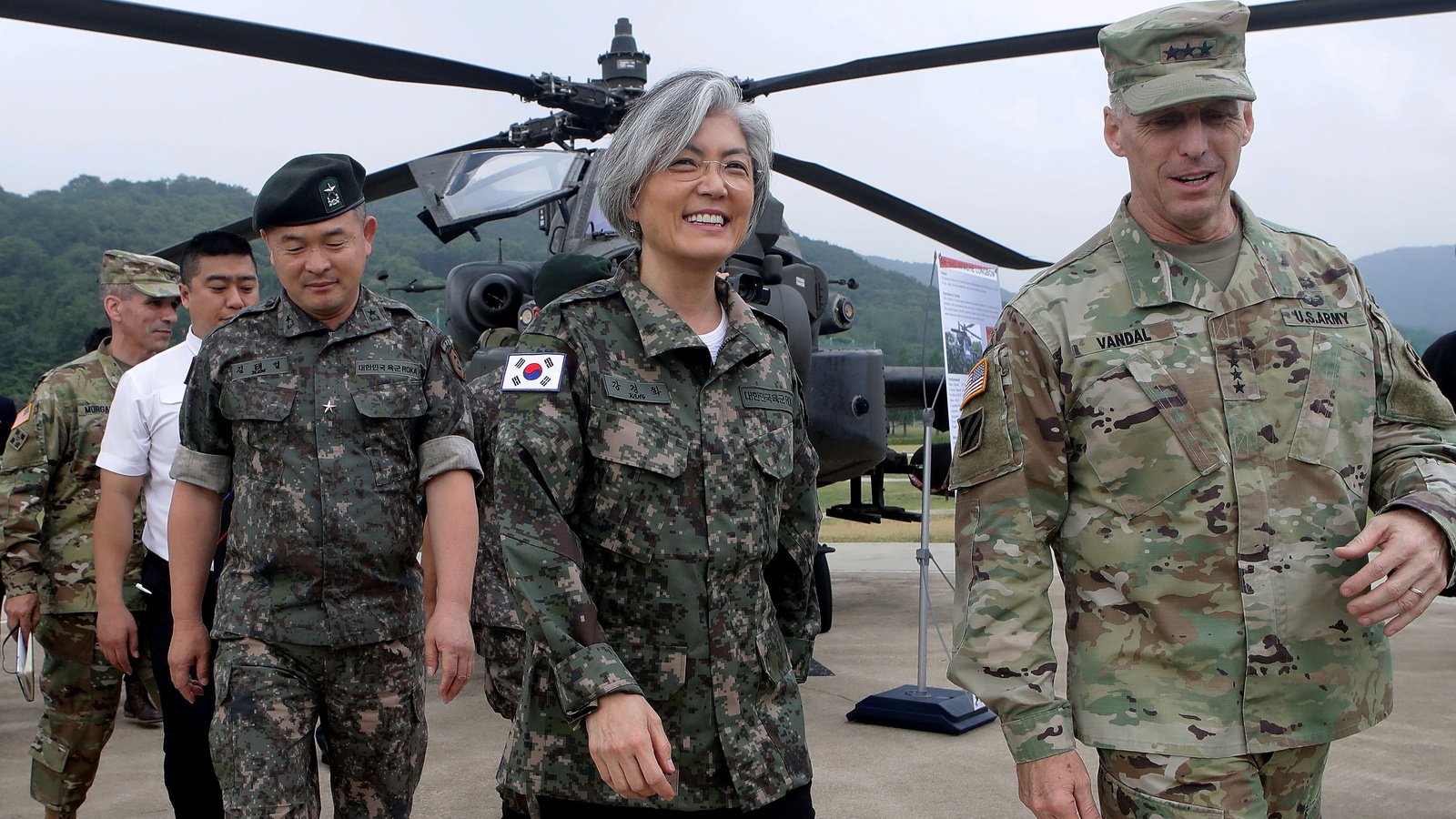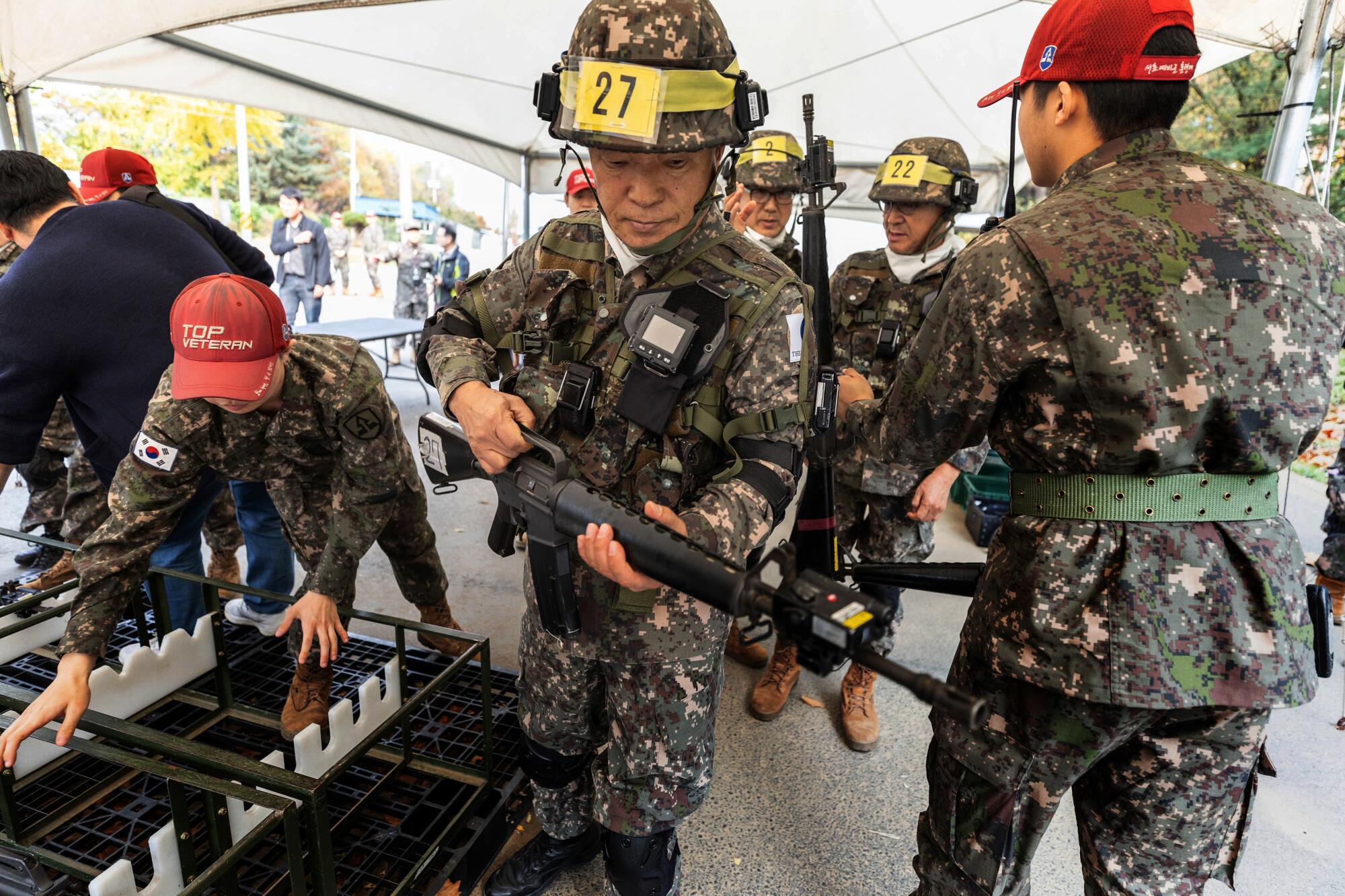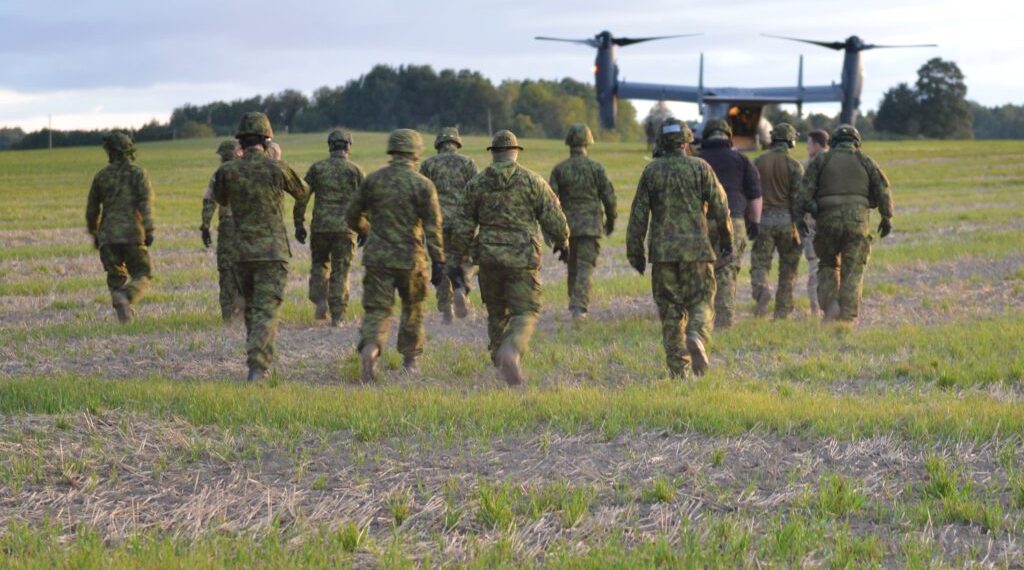U.S. special operations troops stationed in South Korea are undergoing rigorous training to confront unpredictable threats amid a landscape of interconnected global crises, according to Brigadier General Derek Lipson of Special Operations Command – Korea.
With tensions escalating due to North Korea‘s advancements in its nuclear weapons program, including the development of ballistic missiles capable of reaching the United States, and heightened geopolitical tensions in Asia, the need for readiness and flexibility is paramount.

Lipson emphasized the imperative for his troops to possess the ability to make crucial decisions beyond mere rifle proficiency. He highlighted the uncertainty surrounding future threats, underscoring the evolving nature of conflicts and the critical role of preparedness in mitigating potential crises.
The joint drills conducted by U.S. special operations forces and their South Korean counterparts serve as a demonstration of allied cohesion and readiness in the face of North Korean provocations. These exercises aim to ensure seamless coordination and swift responses to potential conflicts or emergencies.
Amidst North Korea’s condemnation of joint drills as provocative, Lipson remains focused on his troops’ preparedness, acknowledging the significance of their role in countering weapons of mass destruction (WMD).

As North Korea’s capabilities evolve, Lipson emphasized the need for adaptable strategies to effectively execute missions and maintain readiness.
Furthermore, U.S. special operations troops are actively engaged in bolstering partnerships with other regional allies, recognizing the interconnected nature of global security challenges.
Collaborative efforts with nations like Thailand and the Philippines underscore the importance of collective action in addressing broader security concerns.





